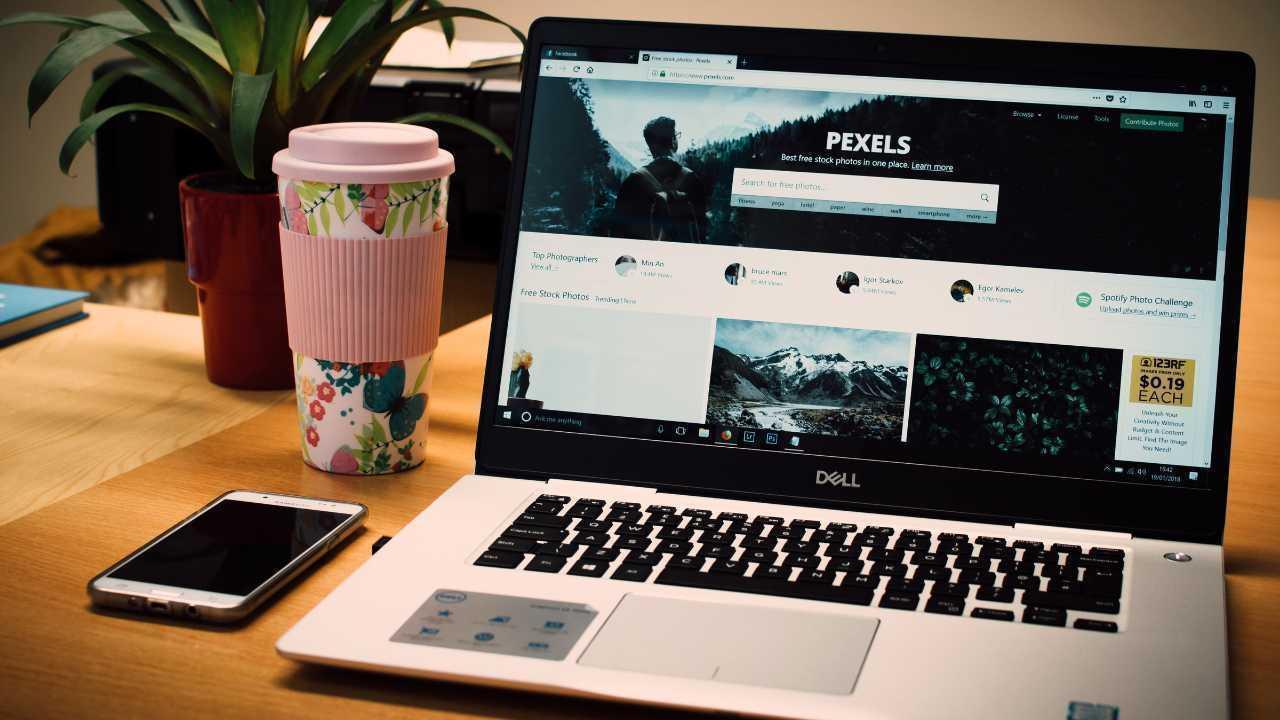
Post by : Saifi Sam
A slow laptop is a frustrating experience many of us face. Over time, the snappy performance you enjoyed on day one can disappear, replaced by sluggish startups and frozen applications. This decline isn't an accident; it's the result of several factors that build up over months and years of use. This article breaks down the core reasons why laptops slow down and provides practical, step-by-step solutions to restore their speed.
The most common reason for a laptop's performance decline is not a hardware failure, but rather the accumulation of digital clutter. Just like a house gets messier over time, your computer's operating system becomes bogged down with unnecessary files and programs.
When you first set up a new laptop, only a handful of essential programs launch when you turn it on. But as you install more applications, many of them are set to start automatically in the background. Think of a web browser with multiple extensions, a chat application, or a software updater. Each of these programs consumes valuable RAM (Random Access Memory) and CPU (Central Processing Unit) resources from the moment you log in. This results in a slow boot-up process and a sluggish feel right from the start.
Even a brand-new laptop can start to feel slow if its storage drive is nearing capacity. When your hard drive or SSD (Solid-State Drive) is more than 85-90% full, the operating system has less space to perform crucial tasks like creating temporary files or managing data. This can drastically reduce performance.
For older laptops with traditional hard disk drives (HDDs), another issue is fragmentation. As you save and delete files, the data gets scattered across the disk in non-sequential blocks. The drive’s read/write head has to jump all over the disk to access a single file, which takes more time and slows down file access speeds. While modern SSDs aren't affected by fragmentation in the same way, a full drive still presents a performance bottleneck.
Over time, your computer accumulates programs you no longer use, files left behind by uninstalled apps, and a complex web of registry entries (on Windows). The Windows Registry, in particular, can become bloated and disorganized, forcing the system to search through a massive database just to find a simple instruction. This "digital baggage" takes up space and slows down system processes.
While software is often the primary culprit, hardware components also play a significant role in a laptop's performance over time.
Laptops generate a lot of heat, and they rely on internal fans and vents to dissipate it. However, over time, these vents can become clogged with dust and lint. This trapped dust acts as an insulator, preventing the system from cooling down properly. When the CPU and GPU (Graphics Processing Unit) get too hot, they automatically throttle their performance to prevent damage. This thermal throttling is a primary reason why a laptop might feel fast for a few minutes and then suddenly become very slow during demanding tasks like gaming or video editing.
While an old battery doesn't directly slow down a laptop's processing power, it can indirectly affect performance, especially if the laptop is not plugged in. Some operating systems and power management settings may reduce CPU speed to conserve power when the battery's health is poor, aiming to extend its runtime. This is particularly noticeable in older laptops that struggle to hold a charge.
The good news is that most slowdowns can be fixed with simple, maintenance-based solutions.
Uninstall Unused Programs: Go through your list of installed applications and remove anything you no longer need. This frees up disk space and reduces background processes.
Clean Out Dust: Carefully open up your laptop (if you feel comfortable doing so, otherwise seek professional help) and use a can of compressed air to blow out dust from the fans and vents. This will improve airflow and prevent overheating.
By understanding the key culprits behind a laptop's slowdown and taking a proactive approach to both digital and physical maintenance, you can restore its speed and extend its lifespan. A little bit of regular care goes a long way in keeping your trusty device running smoothly for years to come.
Laptops slow over time due to hardware aging, software buildup, and overheating. Simple fixes like upgrading RAM/SSD, cleaning hardware, managing startup apps, and keeping software updated can restore speed and improve performance, giving your device a new lease on life.
The information provided by GCC News 24 is for general educational purposes only. Performance results may vary based on laptop model, hardware specifications, and user habits. Readers should consult professionals for hardware upgrades or complex troubleshooting.
#trending #latest #LaptopTips #SlowLaptopFix #SpeedUpLaptop #PCPerformance #LaptopMaintenance #TechTips #UpgradeRAM #UpgradeSSD #CleanLaptop #LaptopCare #OptimizeLaptop #ComputerTips #FasterLaptop #LaptopPerformance
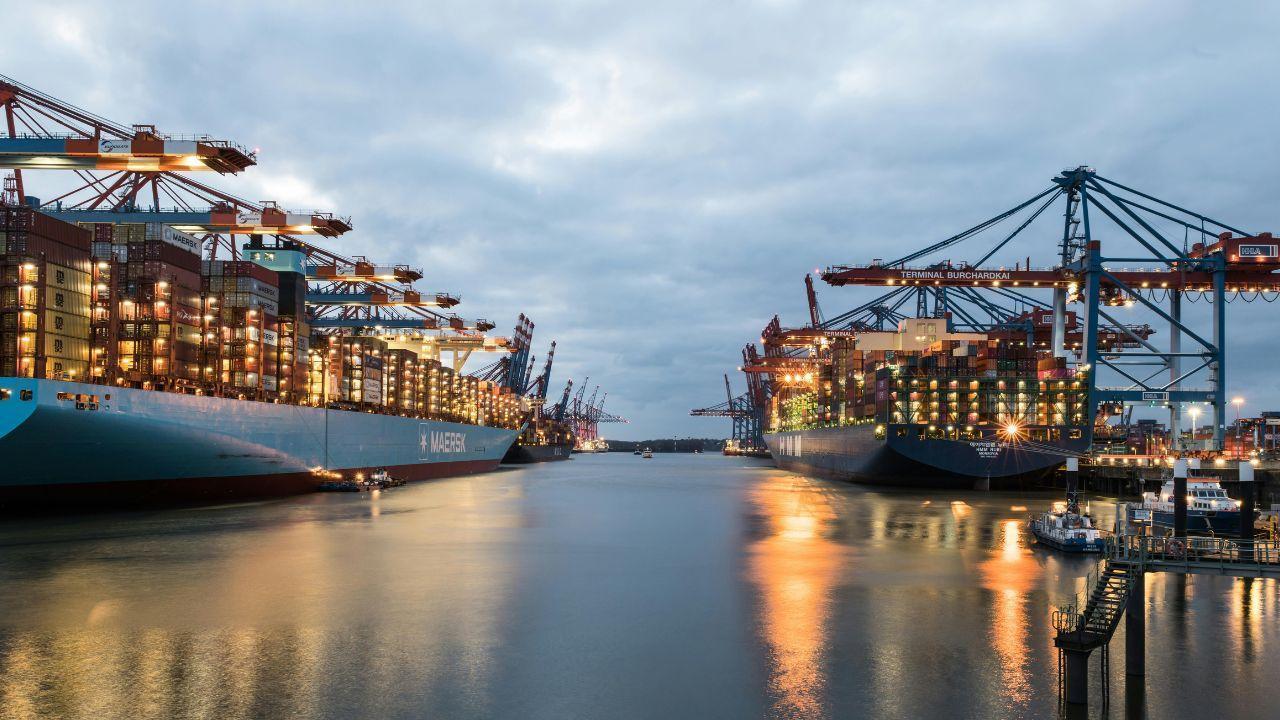
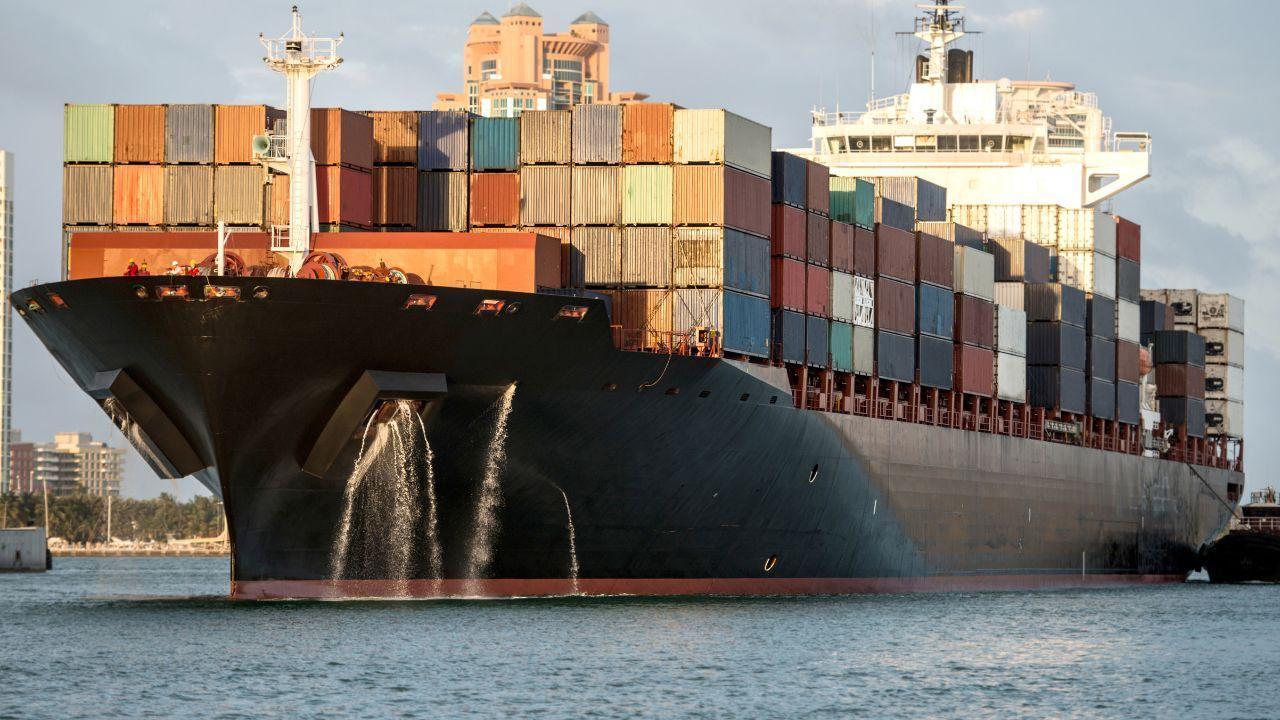
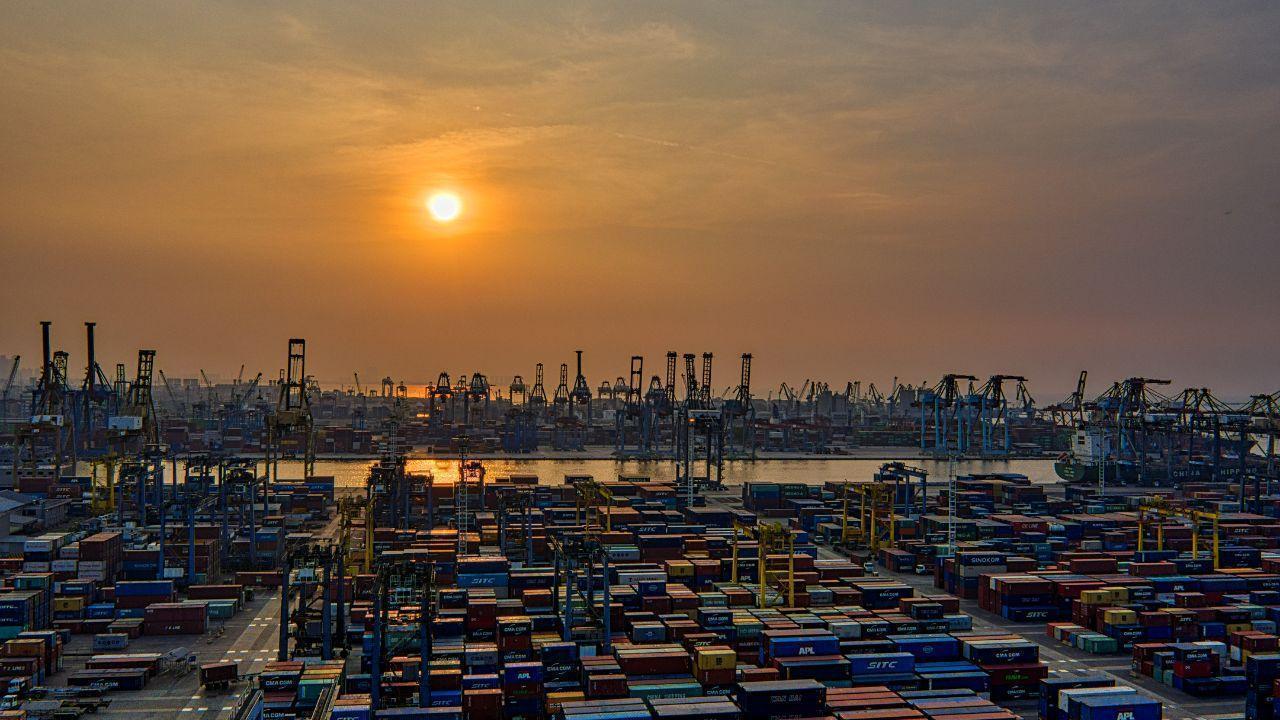
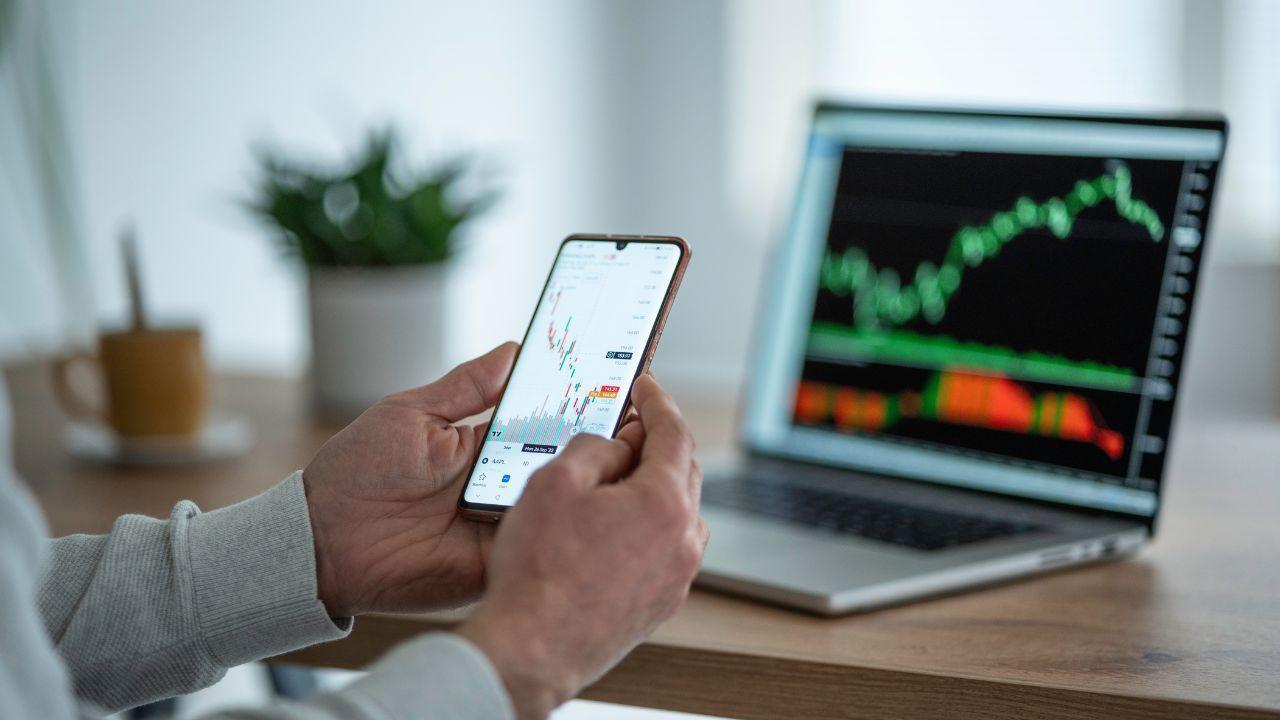

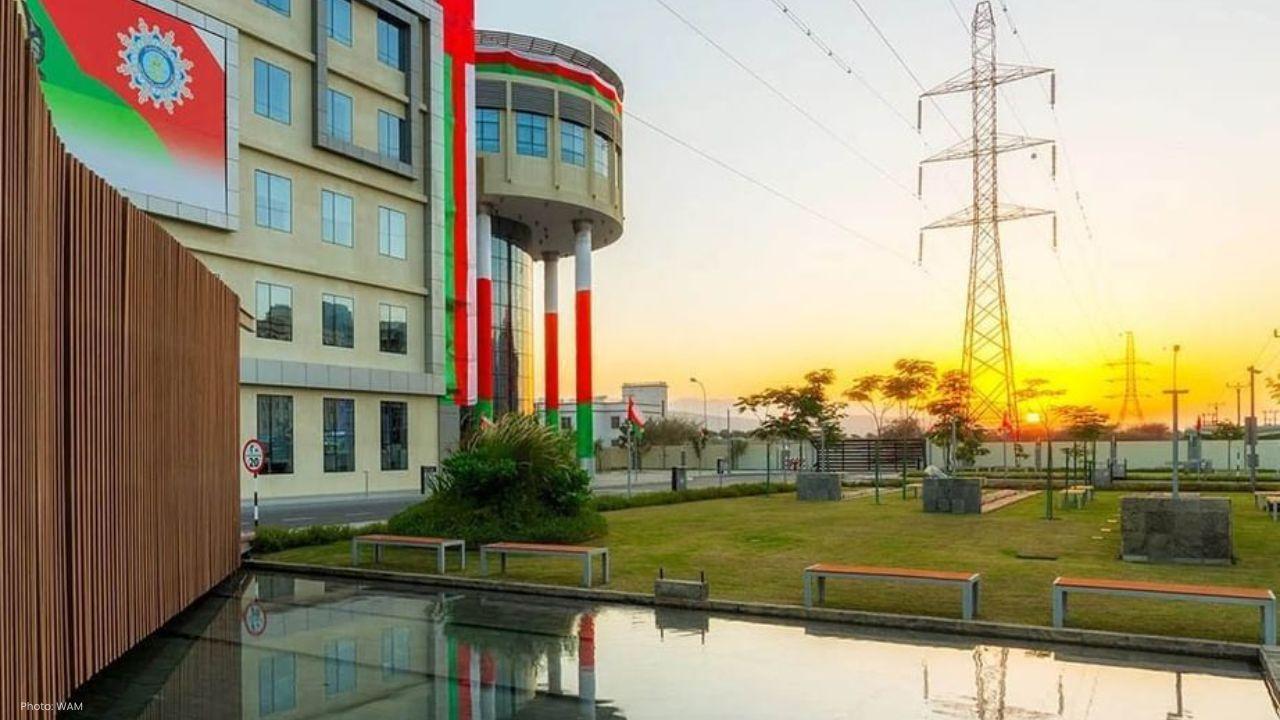
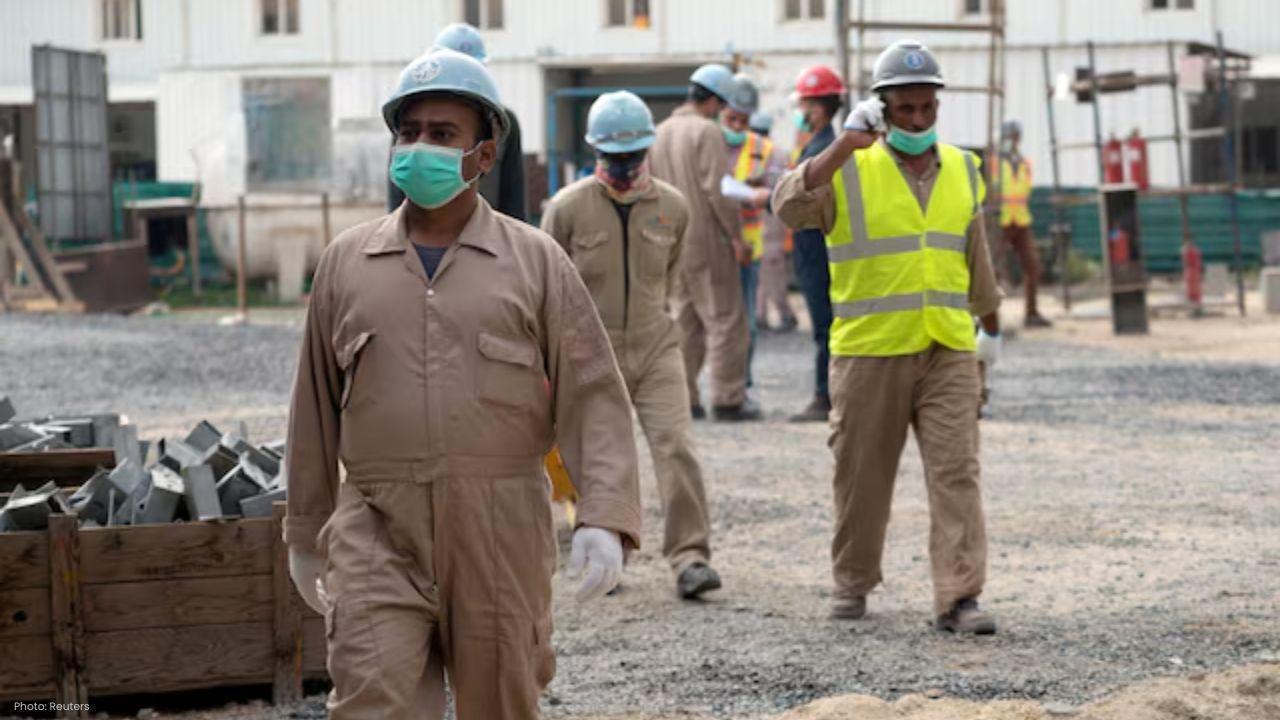
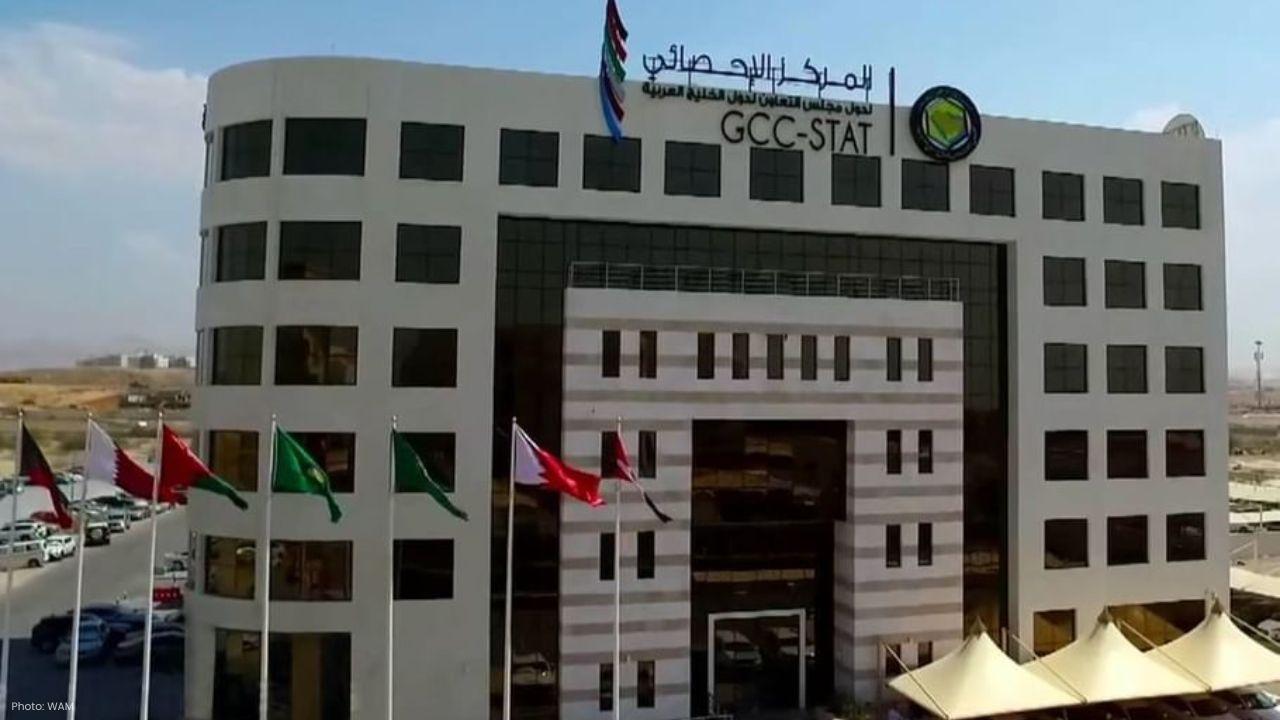


Senior Finance Official Dies In BMW-Motorcycle Accident In Delhi
Navjot Singh, a senior finance official, dies in a BMW-motorcycle crash in Delhi. His wife is critic
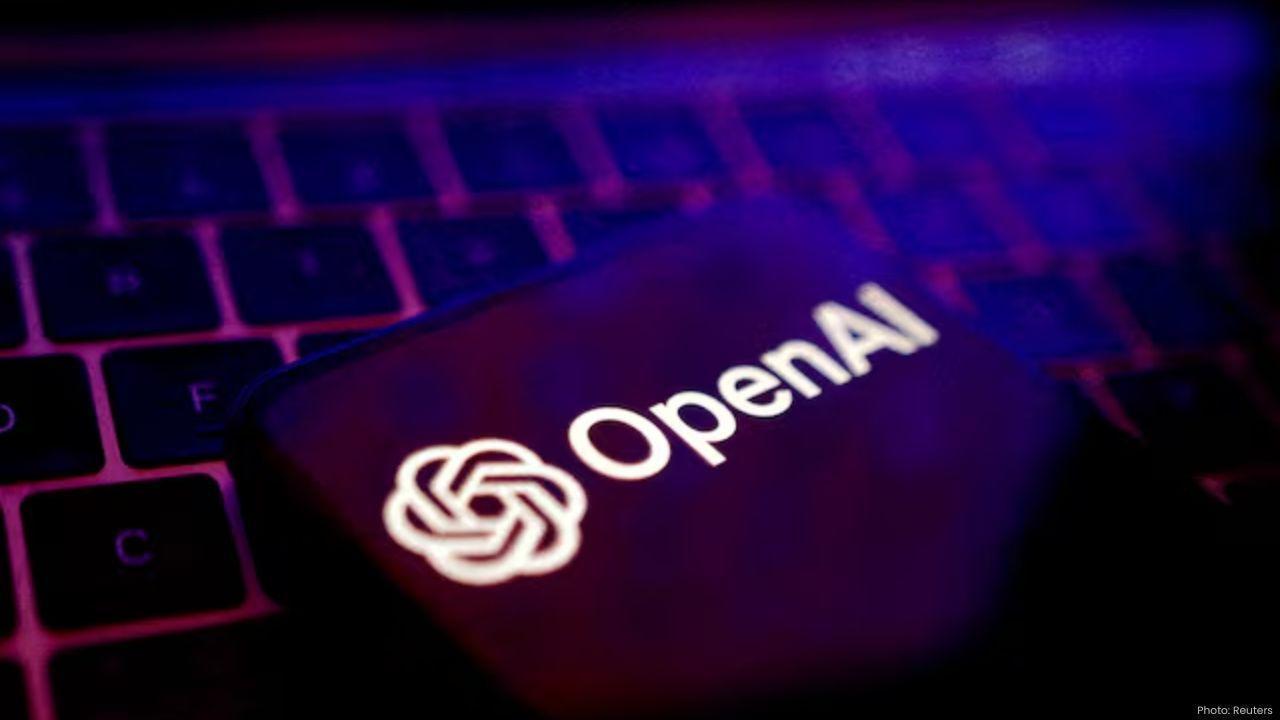
OpenAI Grove Program Helps Early AI Entrepreneurs Build Ideas
OpenAI introduces the Grove program to help early-stage entrepreneurs explore AI ideas with mentorsh

US Secretary Rubio Visits Israel After Qatar Strike And Gaza War
US Secretary of State Marco Rubio meets Netanyahu in Israel after the Israeli strike on Qatar, discu

Nepal Youth Lead Deadly Protests That Topple Government
Violent youth-led protests in Nepal force government change, as citizens demand transparency, fight

Indian Woman Walks Alone At 2.37 AM In Dubai Praises City Safety
Indian woman shares video of walking alone in Dubai at 2.37 AM, praising women’s safety, freedom, an
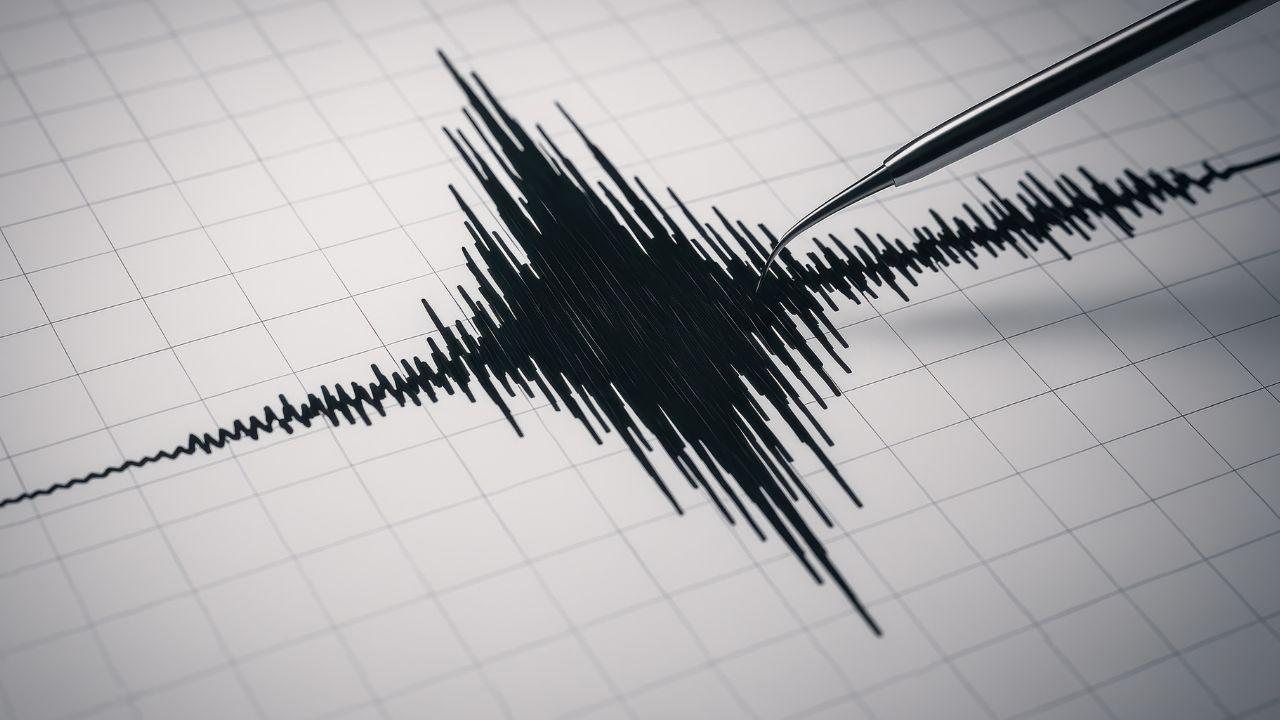
5.8 Magnitude Earthquake Shakes Assam India No Immediate Damage
A 5.8 magnitude earthquake hit Udalguri in Assam, India, causing tremors across the region. Resident